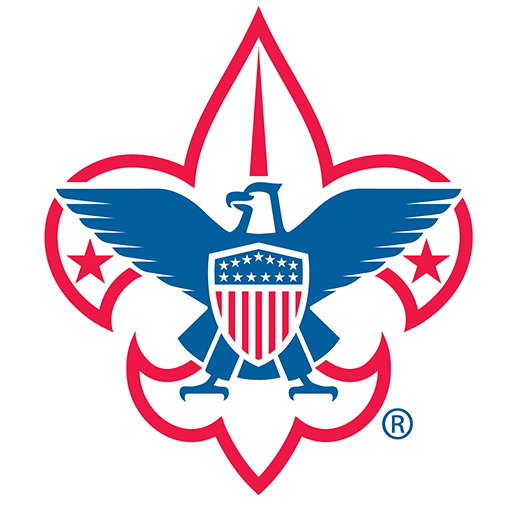Did you know that Commissioner Service is our Scouting movement’s longest running service to unit leaders, going back to 1911 when local councils first formed, and the most dedicated volunteers and staff worked to start and sustain units across the country through many local councils of varying geographical areas.
Those adult Scouters that serve as Commissioners are district and council adult volunteers who help BSA units succeed. They provide coaching and encouragement to unit leaders, and link other district and council volunteers to unit leaders when needed. Commissioners also host monthly program resource meetings called roundtables. Commissioners help maintain the standards of the Boy Scouts of America. They also oversee the unit charter renewal plan so that each unit reregisters on time with an optimum number of youth and adult members.
What We Are
Commissioners are Scouting’s first line of support for units and leaders. We are coaches, friends, and mentors as we help unit leaders deliver the Scouting Promise. Others have described the role as Scouting’s “customer service department”, meaning that we are responsible for customer satisfaction and quality control. That’s a tall order!
But simply put, a commissioner stands in the gap with leaders who may be either new in their position and have questions about how to best work with the boys to deliver on the Promise of Scouting, or to be on hand to be representatives of their District and of the Council. They may, from time to time, even be asked to help find and recruit new leaders for the unit or to work with the Chartering Organization to assure that the unit is operating at peak efficiency. Regardless of the details, our job is to be behind the scenes, supporting the unit and its leaders, helping them reach the highest level possible on their Journey to Excellence.
Perhaps the most important characteristic of any Commissioner (or Commissioner candidate) is a true heart for service. There must be passion for the mission of Commissioning, which is to help more youth to participate in (and thus benefit from) Scouting. You don’t need to have years of Scouting experience (we can teach you all about Scouting), but you should have a deep desire to help our children succeed, and you must recognize the importance of the values-based character development program that is the Boy Scouts of America. Many people who are in careers such as law enforcement, fire protection, military service or the teaching professions make great Scouting Commissioners, even if they’ve never been in Scouting as a youth and even if they have no children of their own in the program. When looking for new Commissioners to join our ranks, don’t be afraid to look outside your circle of friends that already proudly wear a Scouting uniform.
ROLES
A commissioner plays several roles, including friend, representative, unit “doctor,” teacher, and counselor. But the commissioner’s most important role is that of a friend of the unit. It springs from the attitude, “I care, I am here to help, what can I do for you?” Caring is the ingredient that makes commissioner service successful. Each commissioner is an advocate of unit needs, and a commissioner who makes himself known and accepted now will be called on in future times of trouble.
The commissioner is a representative. The average unit leader is completely occupied in working with youth. Some have little, if any, contact with the Boy Scouts of America other than a commissioner’s visit to their meeting. To them, the commissioner may be the BSA. The commissioner helps represent the ideals, the principles, and the policies of the Scouting movement.
The commissioner is a unit “doctor.” In that role, commissioners know that prevention is better than a cure, so they try to see that their units make good “health practices” a way of life. When problems arise, and they will even in the best unit, they act quickly. They observe symptoms, diagnose the real ailment, prescribe a remedy, and follow up on the patient.
The commissioner is a teacher. Commissioners have a wonderful opportunity to participate in the growth of unit leaders by sharing knowledge with them. They teach not just in an academic environment, but where it counts most—as an immediate response to a need to know. That is the best adult learning situation since the lesson is instantly reinforced by practical application of the new knowledge.
The commissioner is a counselor. As a Scouting counselor, commissioners will help units solve their own problems. Counseling is the best role when unit leaders don’t recognize a problem and where solutions are not clear-cut. Everyone needs counseling from time to time, even experienced leaders.
Does this sound interesting to you? Would you consider serving Scouting as a Commissioner? If you are, please drop me a line at tac.c.commish@gmail.com.
Commissioners
Be The Heart
Build Relationships
Change Lives
MAKE IT FUN!
